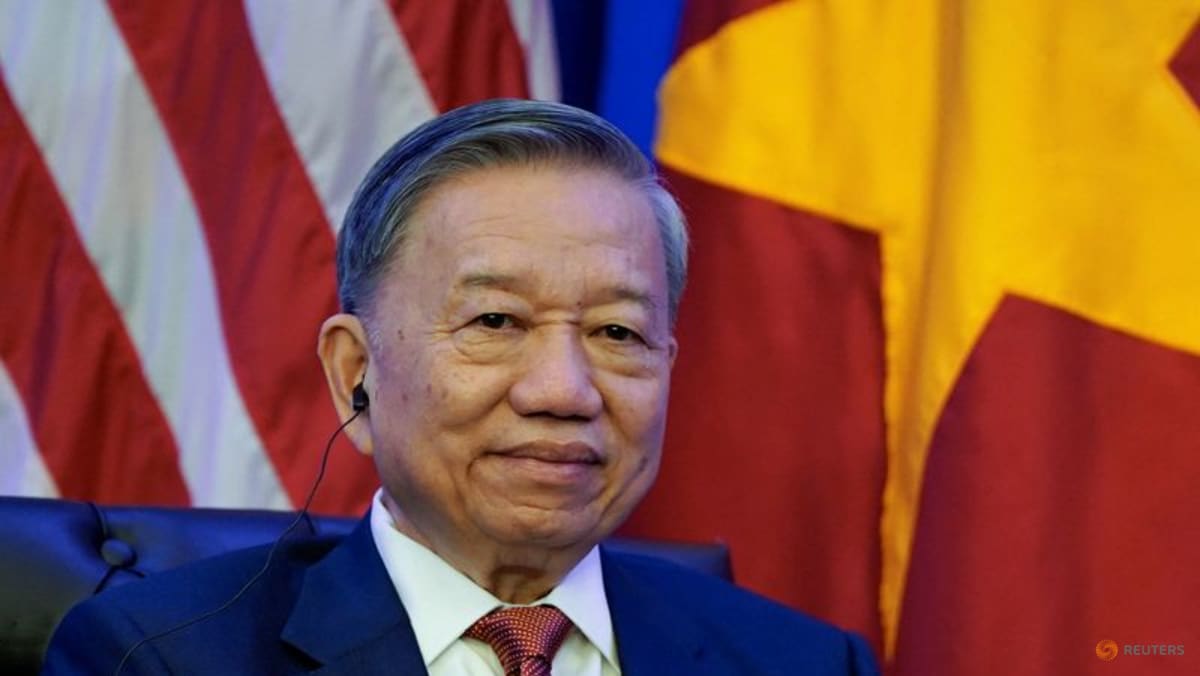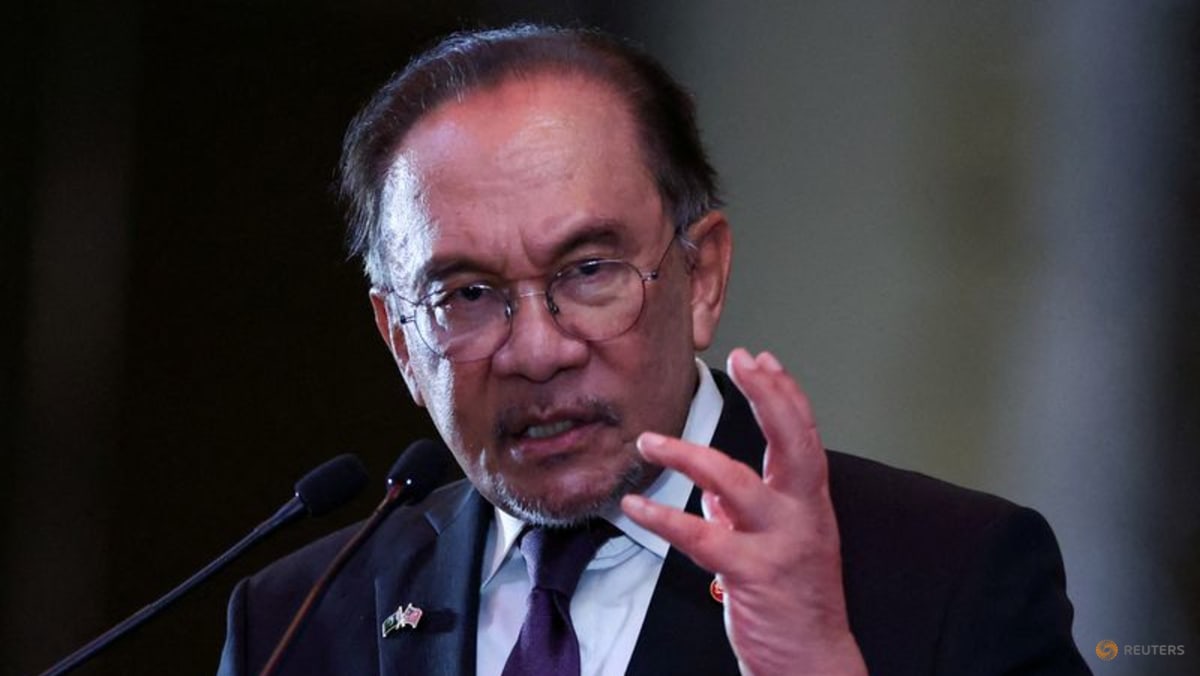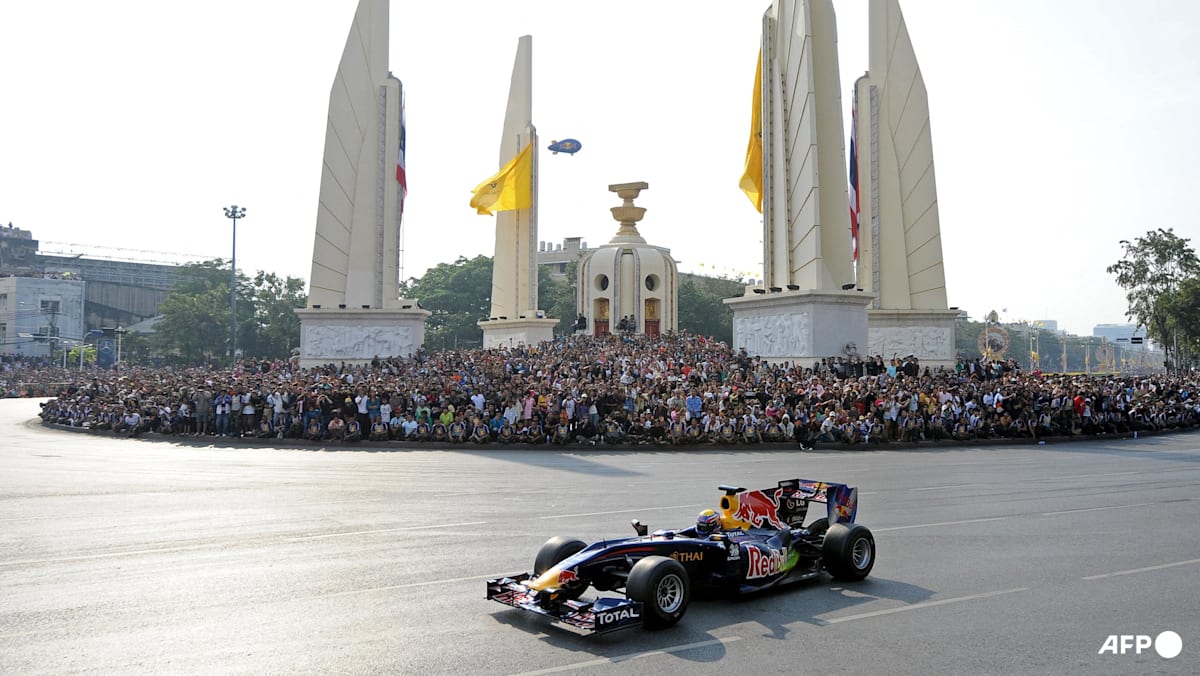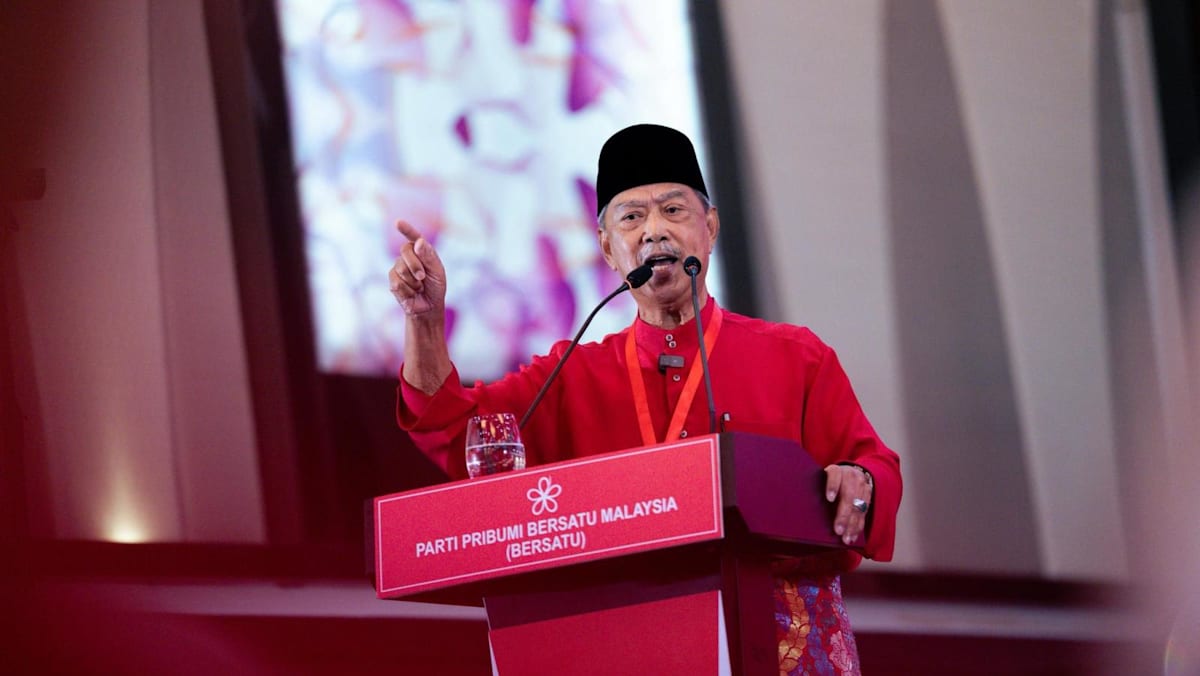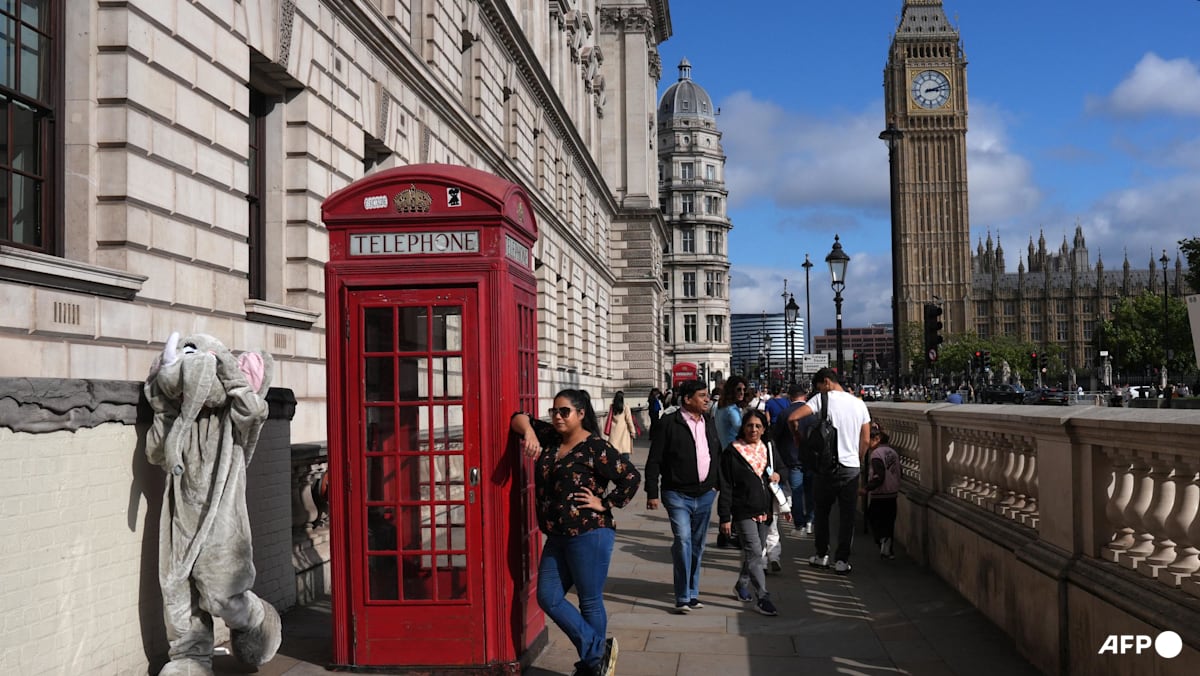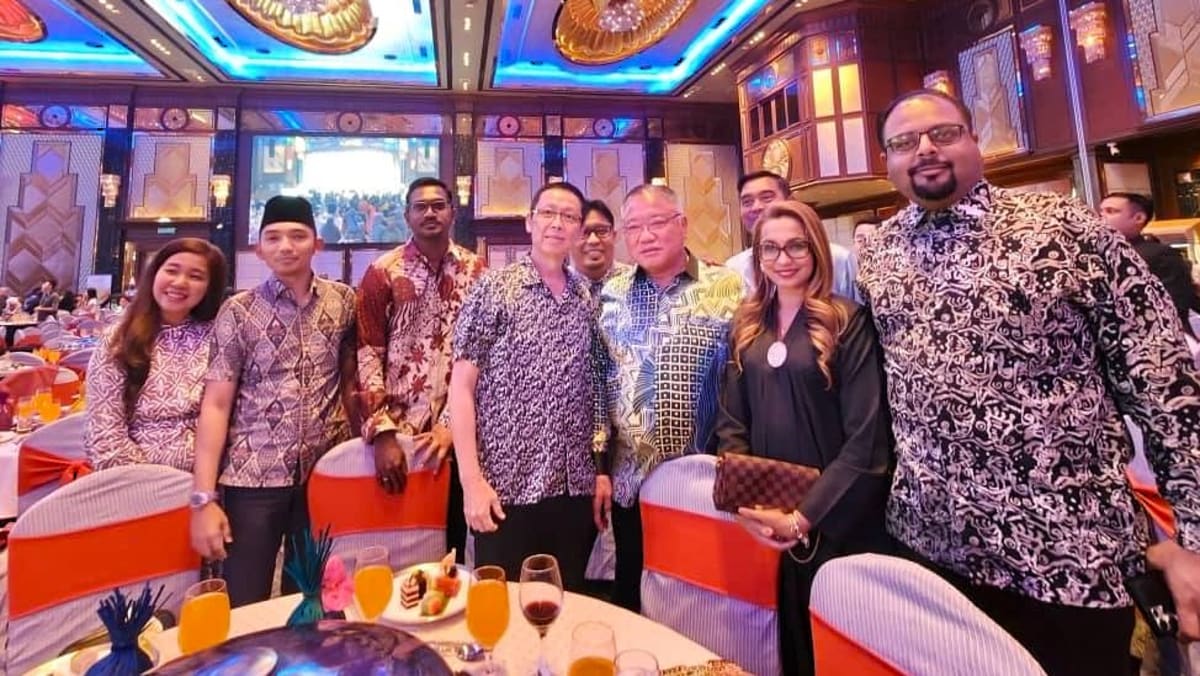Commentary: Former Malaysia finance minister Daim Zainuddin shows how political legacies outlast controversy
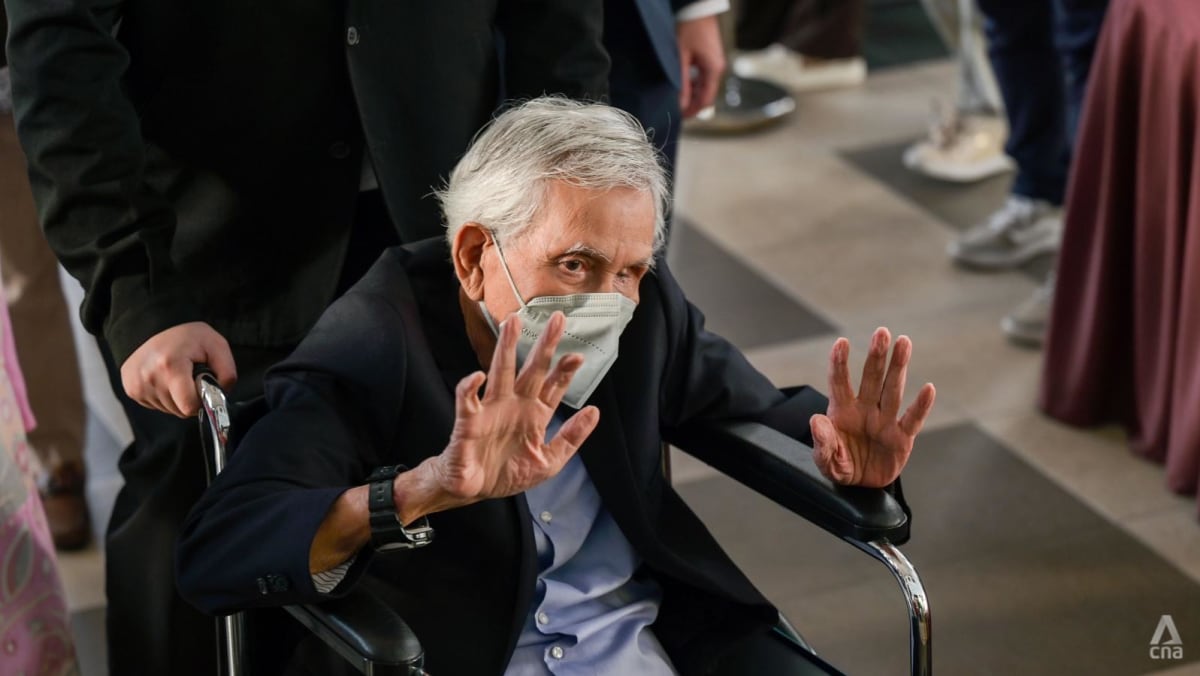
A POLITICAL WEAPON
In Malaysia, as in many parts of the world, corruption allegations have frequently been employed as a political weapon, regardless of their veracity. The goal is to discredit, to create doubt in the public’s mind, and to slowly erode a person’s influence.
However, history has repeatedly shown that this approach can be counterproductive. Public shaming – particularly in a country where corruption is often seen as systemic – does little to create lasting moral or political consequences.
In Malaysia, where many powerful figures have long been entangled in corruption, the accusations seem to lose their power, reduced to mere political theatre.
Moreover, the effectiveness of public shaming in discrediting powerful leaders is dubious, as it often proves futile in the face of enduring popular support or historical significance. The allegations are no longer seen as shocking but as part of the rough-and-tumble of the political game.
This phenomenon is not unique to Malaysia. In Brazil, former president Luiz Inacio Lula da Silva faced years of corruption accusations that led to his imprisonment in 2017.
However, the charges, widely seen as politically motivated, did not tarnish his legacy. Upon his release, Lula staged a stunning political comeback, returning to the political spotlight and eventually winning the presidency again in 2022.
Before Lula, in 2018, Mahathir Mohamad made a historic return to power, winning election on a platform of democratic reform and ending a 61-year dominance by the party he had once led. This shift came despite his autocratic style of leadership during his 22-year tenure as prime minister.
These leaders illustrate how accusations of corruption, and abuse of power, can, in certain circumstances, fuel a leader’s political resurrection. In the end, rather than being a permanent stain on his reputation, Lula’s persecution only seemed to galvanise his supporters, who, like many other observers, viewed him as a victim of a political vendetta.
Source: CNA


